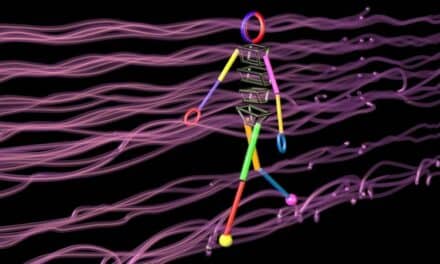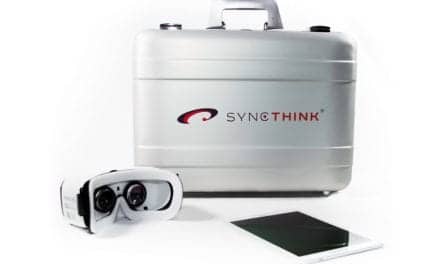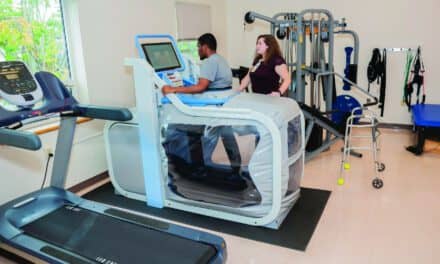NeuroOne Medical Technologies Corporation releases “Thin-Film Electrodes Show Potential for Transforming Neurosurgery,” a white paper exploring recent advances in thin-film technology that may offer a less invasive, more cost-effective solution to enhance neurosurgery for people with brain conditions, including epilepsy, Parkinson’s disease, dystonia, essential tremors and pain management for failed back surgery syndrome.
The white paper includes commentary from Kip Ludwig, PhD, Associate Professor of Biomedical Engineering Adjunct Faculty of Neurological Surgery, University of Wisconsin and points to the flexible thin-film substrate as having many benefits compared to existing technology that is currently used clinically, the company notes in a media release.
“Fundamentally, this innovative, patented thin-film technology offers advantages over currently commercially available electrodes, including more efficient automated manufacturing processes.
“EVO Cortical Electrodes (EVO), the first FDA-cleared thin-film electrodes for recording, monitoring and stimulating brain tissue for up to 30 days, have demonstrated a reduction in the brain’s immunological response, potentially improving patient comfort and reducing signal artifacts.”
— Dave Rosa, president and CEO, NeuroOne
May Help Reduce Diagnosis Time
EVO may also reduce time for diagnosis to provide much-needed cost savings for hospitals and patients. In initial pre-clinical clinical testing, EVO demonstrated the ability to provide higher-fidelity recordings, which may allow physicians to more precisely identify the brain tissue responsible for causing seizures. Because of its potential for minimally invasive placement, along with its single tail design, EVO may mean fewer post-procedure complications and may potentially reduce the risk of infection, the release continues.
[Source(s): NeuroOne Medical Technologies Corporation, Business Wire]
Related Content:
Troubling Link Between Coronavirus and Stroke in Otherwise Healthy Young People
How Will COVID-19 Impact Parkinson’s Disease?
Pain Unpleasantness Brain Cells Uncovered in Study





